To provide the best experiences, we use technologies like cookies to store and/or access device information. Consenting to these technologies will allow us to process data such as browsing behaviour or unique IDs on this site. Not consenting or withdrawing consent, may adversely affect certain features and functions.
The technical storage or access is strictly necessary for the legitimate purpose of enabling the use of a specific service explicitly requested by the subscriber or user, or for the sole purpose of carrying out the transmission of a communication over an electronic communications network.
The technical storage or access is necessary for the legitimate purpose of storing preferences that are not requested by the subscriber or user.
The technical storage or access that is used exclusively for statistical purposes.
The technical storage or access that is used exclusively for anonymous statistical purposes. Without a subpoena, voluntary compliance on the part of your Internet Service Provider, or additional records from a third party, information stored or retrieved for this purpose alone cannot usually be used to identify you.
The technical storage or access is required to create user profiles to send advertising, or to track the user on a website or across several websites for similar marketing purposes.
 A new report from Microsoft claims that there is a worrying disconnect between small business leaders and their employees. Over three quarters of leaders (79 percent) say they disclose as much information as possible with their staff and 85 percent agree employees perform much better when empowered with information. However, just 36 percent of employees say their business has a culture of transparency, and even less (18 percent) think their organisation has a clear vision or goal. More →
A new report from Microsoft claims that there is a worrying disconnect between small business leaders and their employees. Over three quarters of leaders (79 percent) say they disclose as much information as possible with their staff and 85 percent agree employees perform much better when empowered with information. However, just 36 percent of employees say their business has a culture of transparency, and even less (18 percent) think their organisation has a clear vision or goal. More →





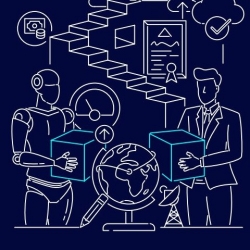





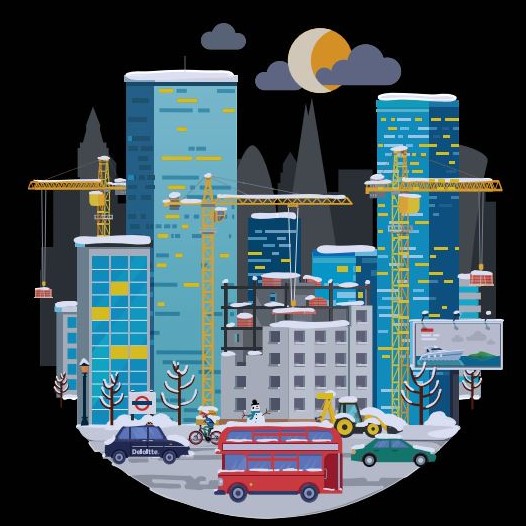
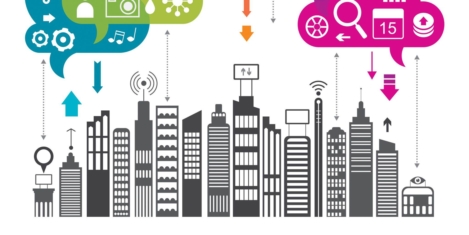
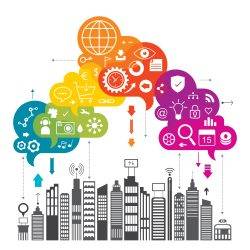








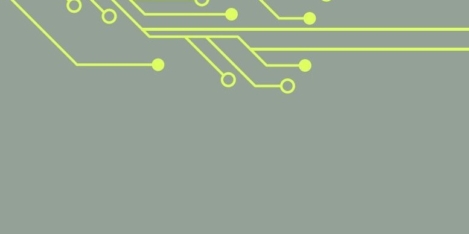
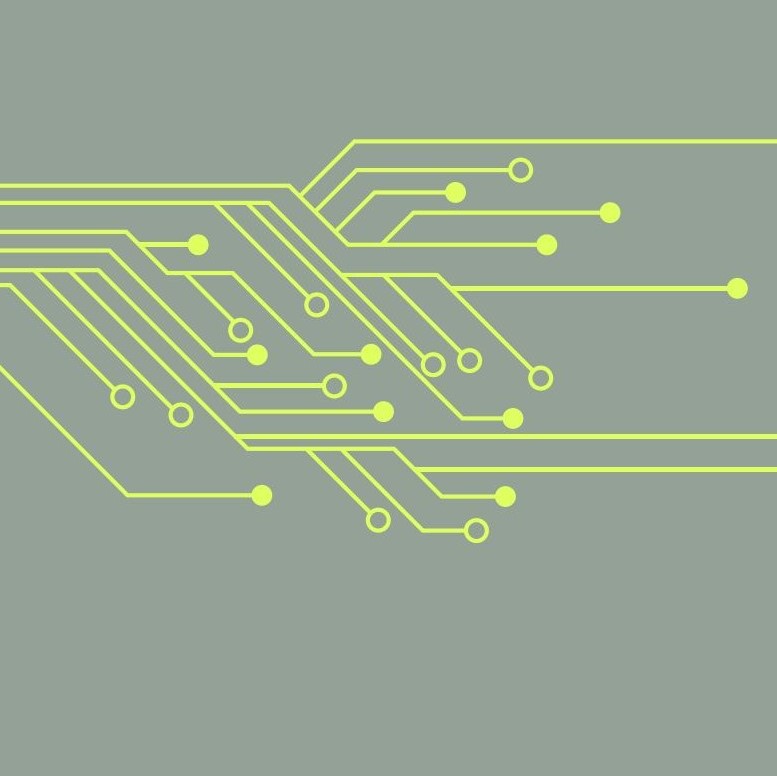










November 21, 2019
Merging workplace cultures and breaking habits
by Andrew Mawson • Comment, Facilities management, Workplace design